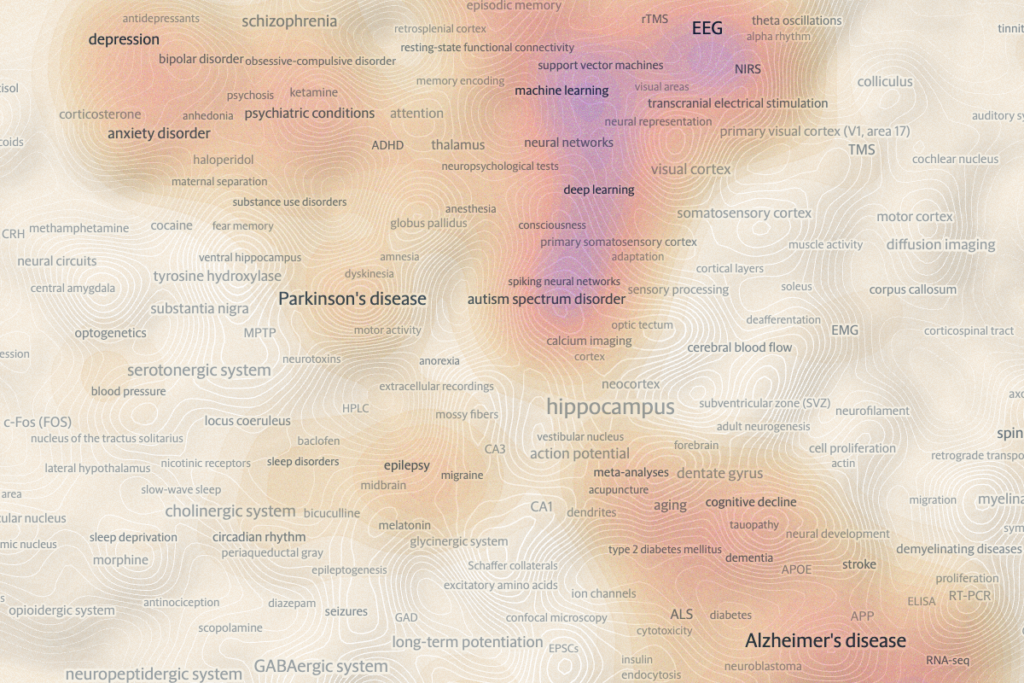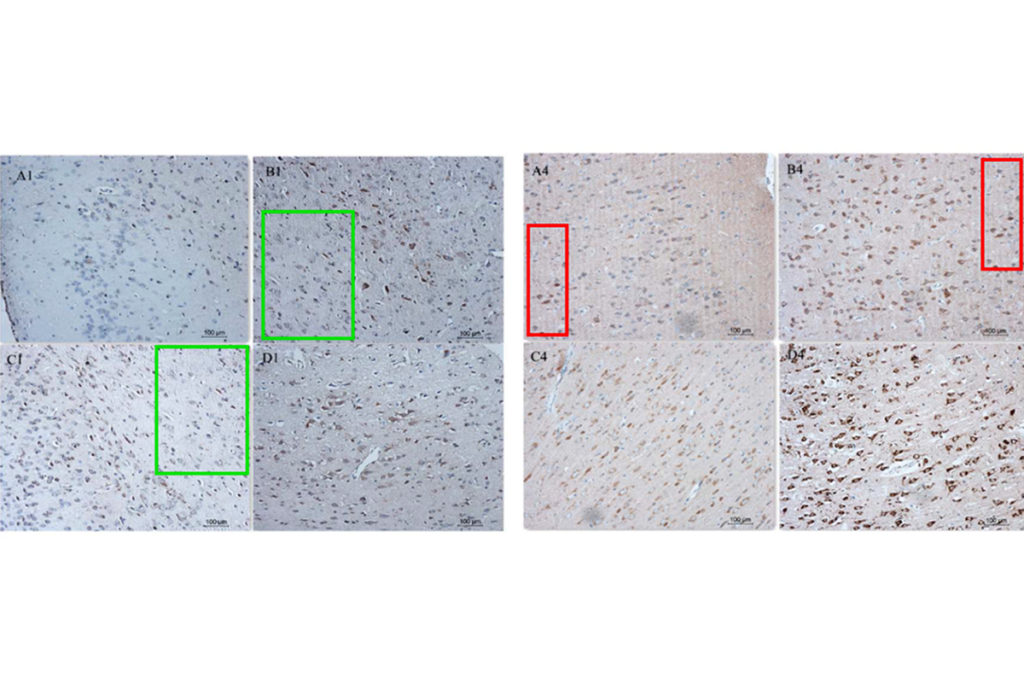
First Pan-African neuroscience journal gets ready to launch
With lower-than-average article processing fees, and issues dedicated to topics important to the continent, the journal hopes to give African neuroscience research much-needed international visibility.
Africa is about to get its first international neuroscience journal. The African Brain Journal, published by the Society of Neuroscientists of Africa (SONA), plans to release its debut issue in early 2026.
SONA has talked about launching a journal for a long time, says the new journal’s editor-in-chief, Willias Masocha, professor of pharmacology at Kuwait University. “The society needs a journal which it can use as a communication tool, but also for us to be in a position to control our narrative,” says Masocha, who is from Zimbabwe. The African Brain Journal is a place for African neuroscientists to “tell our story in our own way.”
Deputy editors Daniel Gams Massi, Philip Adeniyi and Samir Ahboucha are based in Cameroon, Oregon and Morocco, respectively. (Adeniyi is from Nigeria.) Among the associate editors are researchers from Nigeria, Cameroon, Tunisia, South Africa, the United States and Europe.
The journal plans to publish papers on topics that other international journals might not cover, Masocha says, but that are important to Africa, such as neuroinfections and ethnopharmacology specific to Africa, as well as local neuroscience education. “We understand the context, which is also important,” he says.
Other international journals, for instance, often presume that scientists have the use of technology that can be prohibitively expensive for African researchers, says Thomas Amatey Tagoe, senior lecturer in physiology at the University of Ghana and founder of the science communication nonprofit GhScientific. This can keep African researchers out of high-impact international publications, even though a well-thought-out research project can yield a high-quality paper without high-tech methods, he says. He and his colleagues have instead published work in their local university journal.
The opportunity with journals based in Africa is “in putting together good-quality, publishable work in places that can understand the peculiarities around some of the research that we have to do here,” Tagoe says, “and be able to grow those journals and make them something reputable as well.”
T
he African Brain Journal plans to limit article processing fees to $200 for African researchers, $150 for SONA members and $600 for international contributors, Masocha says. At other international journals, a single article processing fee can be several times what an African neuroscientist earns in a month, says Umar Ahmad, senior lecturer in anatomy at Sa’adu Zungur University, Bauchi State, Nigeria.Ahmad, who is also an editor at PLOS One and Applied Research and spent five years curating preprints at AfricArXiv, says many professors resort to publishing in predatory journals that don’t follow Committee on Publication Ethics standards and that are not indexed or even online, because “we don’t have a dedicated journal (for the continent) that is clean.”
The case is the same in Egypt and North Africa generally, says Wael Mohamed, assistant professor in basic medical science at the International Islamic University Malaysia, who is from Egypt. “This is pushing us as African scientists to publish in maybe not-indexed journals, which again decreases our visibility.”
Even within Africa, neuroscientists have a visibility problem. In 2021, Ahmad co-authored a study of African neuroscience papers published between 1996 and 2017. (Mahmoud Maina, one of the African Brain Journal’s associate editors, was an investigator on that study.) Egypt, South Africa, Nigeria, Morocco and Tunisia accounted for more than 75 percent of the papers published, leaving much of the continent unrepresented. Also, African researchers more often collaborated with researchers in the Global North than with one another.
Bright minds tend to train abroad and come back, Masocha says, which sets up these international collaborations, “but they don’t know what other people within the continent are doing.” The journal plans to foster greater cross-communication by holding workshops for young researchers from all African countries. “That means we attract young authors, but also we teach them the review process and the editorial process, so that in the long run, they will be also involved in such activities,” he says.
Most African journals are not indexed online or in international databases, according to a study published in 2022, which reduces the chances of the work published in them being cited. But SONA plans to promote the new journal internationally, and Masocha says he is confident that the African Brain Journal will help African research shine.
The priority, he says, is to “have good science published, and when the science is good, eventually it will be cited.”
Recommended reading

What are the most-cited neuroscience papers from the past 30 years?

Putting 50 years of neuroscience on the map

Image integrity issues create new headache for subarachnoid hemorrhage research
Explore more from The Transmitter

Building the future of neuroscience at HBCUs

How to build a truly global computational neuroscience community
